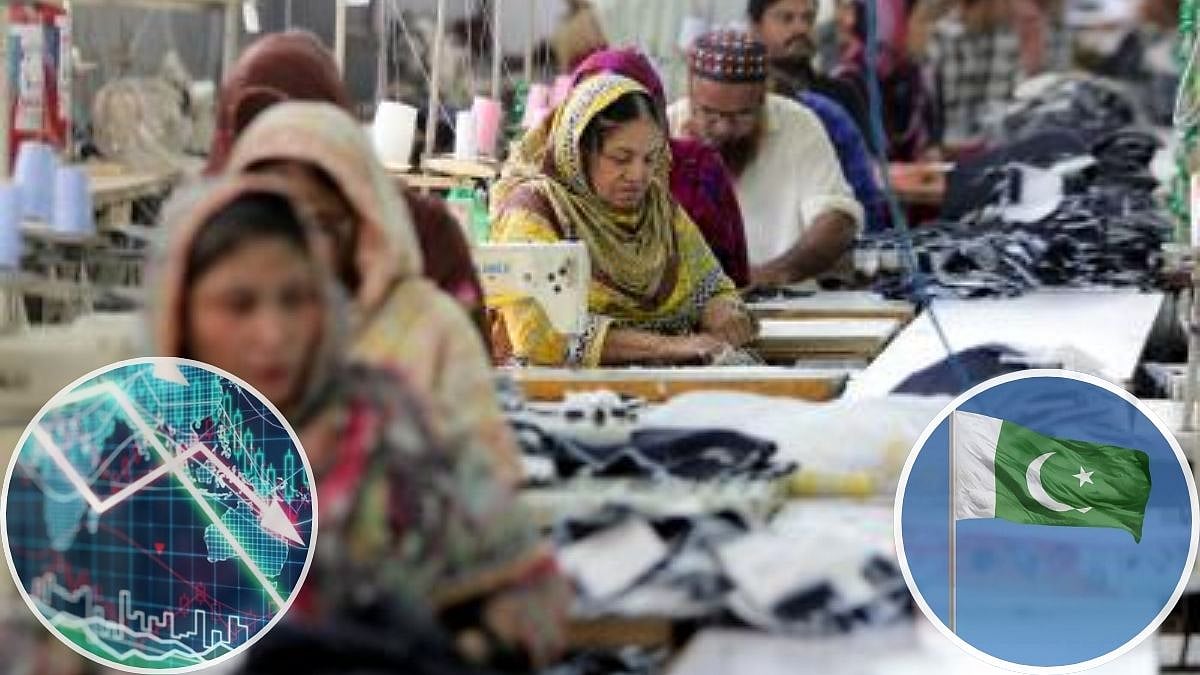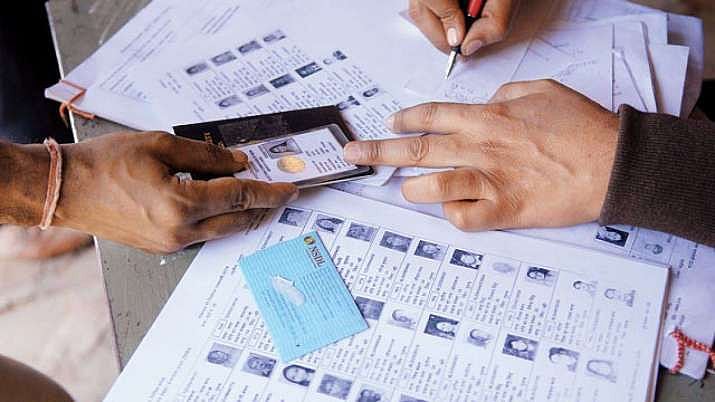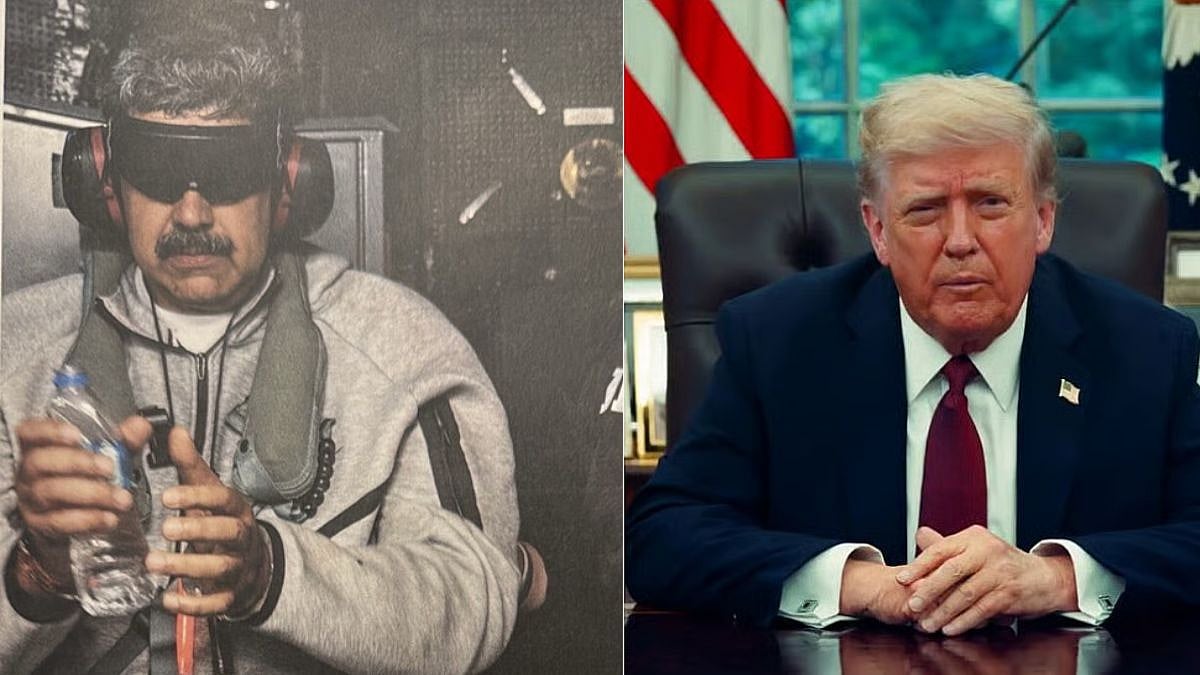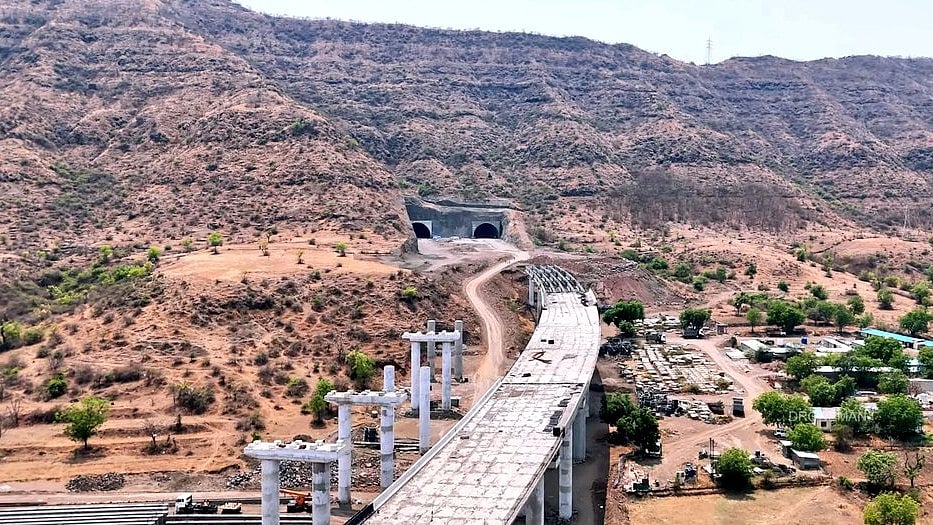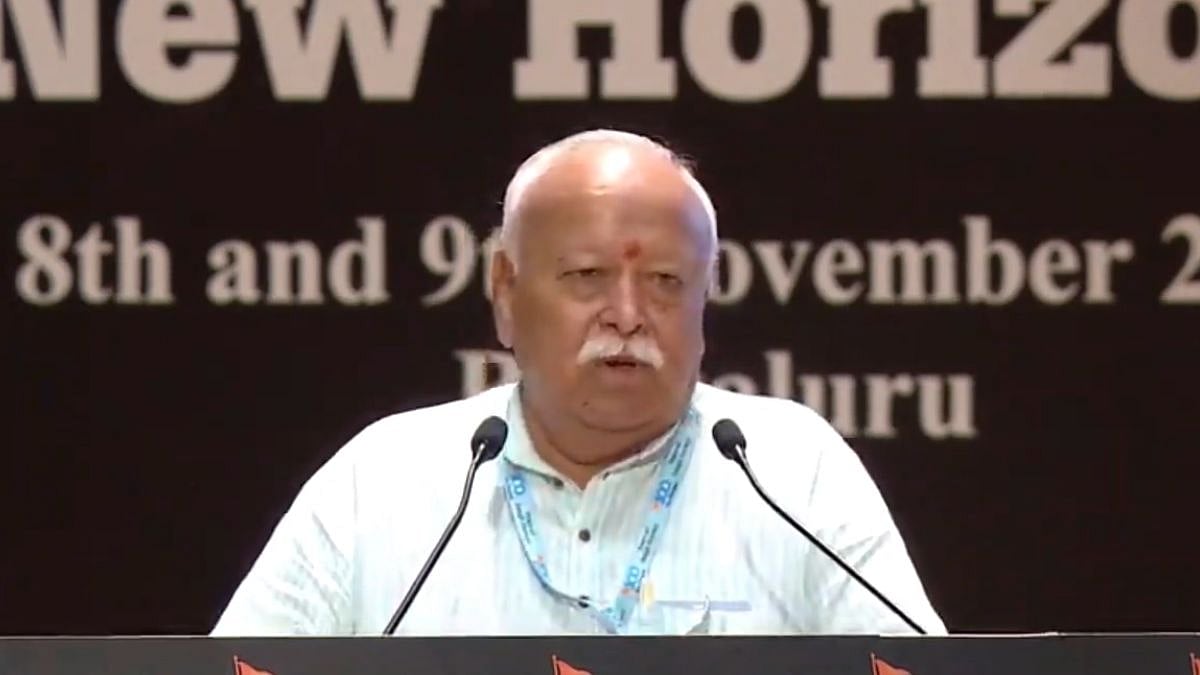Finally, BRICS has expanded itself by adding Saudi Arabia, Iran, Argentina, Egypt, Ethiopia and the UAE. Out of the important founding members of the BRICS, China and Russia were particularly keen on pushing in new members. Though initially hesitant, India played along. Consequently the grouping that was founded in 2009 by Brazil, Russia, India, China and South Africa has six new members. The 15th meeting of BRICS sealed their memberships. The new members will join in from January 1, 2024. It is to be noted that despite heavy lifting by China for pushing Pakistan’s case, it has not succeeded in getting Pakistan in. It must also be noted that this is the first expansion since it began functioning in 2010. More is likely to follow. Since BRICS announced last year that it is open to expansion, 40-odd countries from the global south expressed interest and 22 formally applied.
All these were part of the agenda of recently concluded BRICS meeting at Johannesburg, South Africa. After NATO, BRICS is the most closely watched group in international politics. This is due to geo-political and geo-economical factors. As is well-known, the original acronym ‘BRIC’ was put into circulation in the year 2001 by Jim O’Neill who was the economist with the Goldman Sachs. O’Neil then predicted that by 2050, the five economies of the BRICS would collectively dominate the global economy. Since then, BRICS has always been in the news and its meetings too.
An alternative to G-7
The members of BRICS are home to about 40 per cent of the total global population but the group has struggled to forge a common vision that could make it an effective political and economic player. The group has also held up the New Development Bank as an alternative to Western multilateral financial institutions. The New Development Bank has funded over 100 projects so far. The member states have displayed their ability in other sectors too. No wonder quite often, it is viewed as an alternative to the West-led G-7. BRICS rivals the share of G-7’s global GDP. Now that the group has expanded, its role should attract more eyeballs as six of 10 of the biggest global oil suppliers will be BRICS members. This will give the group a new space for negotiations.
Right from the beginning, BRICS had witnessed more dominance of China followed by Russia, both sworn enemies of the US. This is also why they have been trying hard to use it to counter NATO. Since its inception, BRICS has been designed to be a multilateral body based on sovereign equality and consensus in its decisions. Though this was on paper, more often than not, China’s imprint was quite visible. China too enjoys this status as it can project itself as the spokesperson of the global aouth.
China's dominance in BRICS
The expansion of BRICS may encourage other groups, established in the 20th century, to expand. NATO has already expanded than what it was when established in April 1949. Similarly, the EU too has expanded. India had its reasons to worry about the expansion of BRICS. It felt that the expansion should not make the group China-centric. India has a troubled relationship with China since its border war in 1962 and now the ‘China-Pakistan Economic Corridor’ [CPEC] which runs through Pakistan-Occupied Kashmir [PoK]. And all the new members of BRICS have signed agreements to join China’s flagship project Belt and Road Initiative [BRI].
Today, both China and Russia have been facing Western sanctions and pressures at various levels. This is why this expansion has its own share of critics. It is argued that this expansion is likely to give them more space for manoeuvre. Then there is the age-old angle of democracies versus authoritarian regimes. To play this charge down, China and Russia were keen to expand the BRICS membership and add new members from the global south.
Contradictions galore
This is not to suggest that BRICS is an old-boy club where everybody is on back-slapping relationship. There are contradictions galore in the vested political and economic interests of the founding members and the new members. These contradictions remain unresolved even today. Not only this, these are likely to aggravate in future. For example, Indian and Chinese troops face each other in the most hostile terrains of Eastern Ladakh. Their border dispute is far from being resolved despite many high-level meetings.
Such rivalries inside the group dampens its progress. In this context, India-China dispute is often quoted. Now, among the new members Saudi Arabia and UAE do not see eye to eye on many issues. Will this further affect the effectiveness of BRICS? Only time will tell. The Russian invasion of Ukraine has already tested the relationships in the group. Let us not forget that BRICS members did not vote as a bloc on any UN initiatives. There are some new challenges the group will be called upon to face. Africa is one such challenge. The continent is at a crucial stage of development. Till now, Africa heavily depended on China for vast investments in infrastructure projects. This was when the Chinese economy was growing. Not anymore. They must look elsewhere for new donors. As they say, it is easier to come together than to stay together for a long time. Growth and expansions bring their own opportunities as well as headaches.
(Avinash Kolhe is a retired associate professor in Political Science, Mumbai.)




